Publications
Articles, publications, books, tools and multimedia features from the U.S. Institute of Peace provide the latest news, analysis, research findings, practitioner guides and reports, all related to the conflict zones and issues that are at the center of the Institute’s work to prevent and reduce violent conflict.
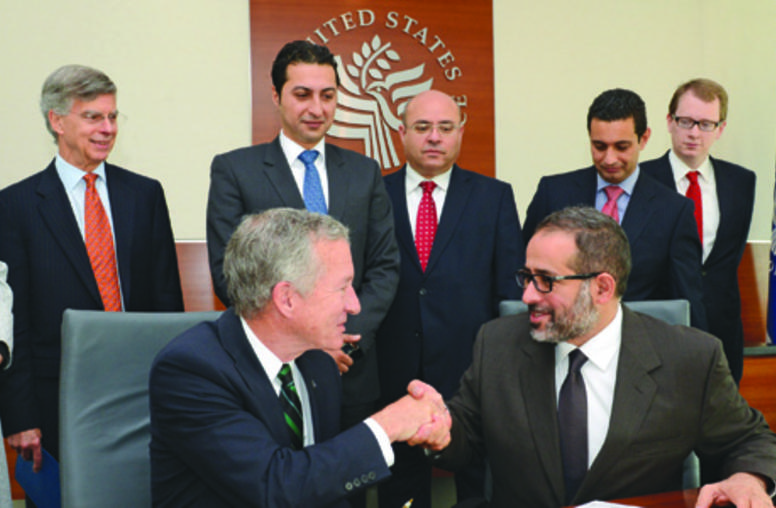
Libya Institute Accord Advances On-the-Ground Work for Transition
The U.S. Institute of Peace entered an agreement today with the Libya Institute for Advanced Studies (LIAS) to consolidate and formalize USIP’s work on the ground in helping strengthen Libya’s governing institutions and civil society.
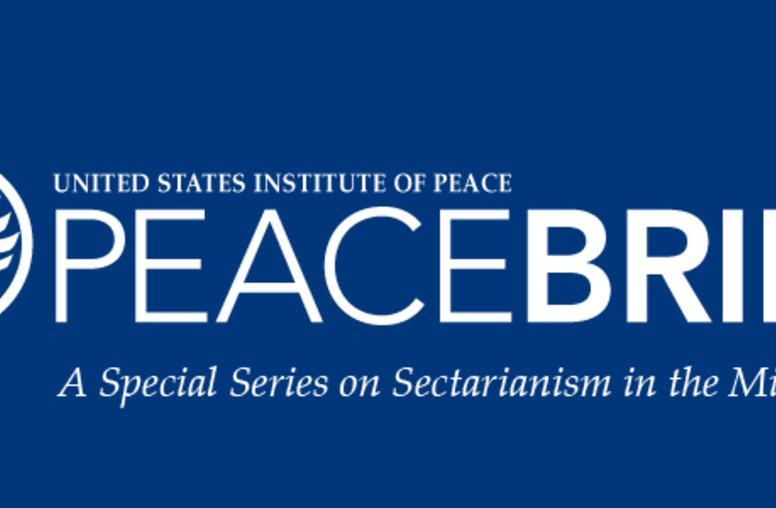
USIP Series on Sectarianism in the Middle East
Over the past decade, sectarian identities have become increasingly important as a source of inter-state and inter-communal tension, regional rivalries, and violent conflicts across the Middle East.
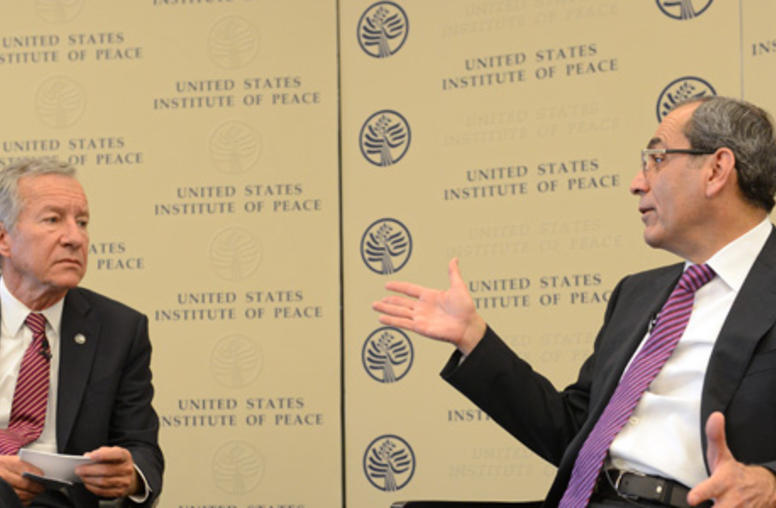
Amid Violence, Egypt’s Interim Regime Faces Skeptics on Pledges of Dialogue
Egyptian Ambassador to the U.S. Mohamed M. Tawfik pledged that his interim government would increase public discussion about a revised constitution in the coming weeks as a 50-member commission finalizes a draft for a planned referendum in December. But amid violence, polarization and intimidation, the co-founder of a civic movement said the interim regime has failed to deliver its promised dialogue.
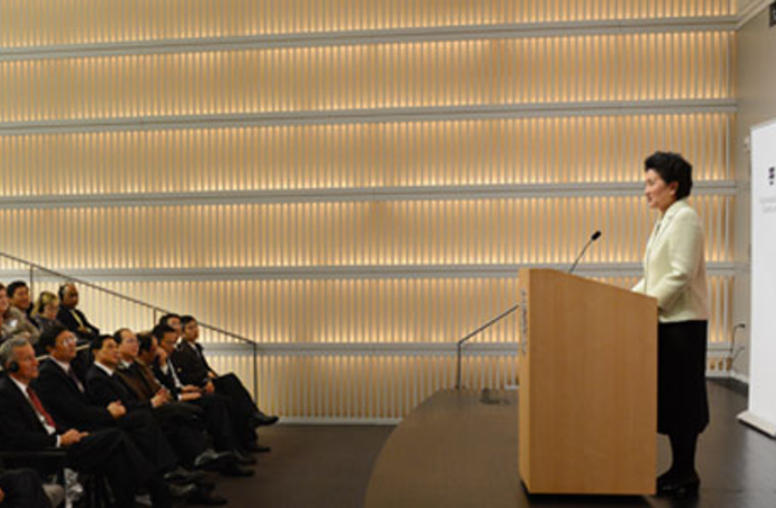
At USIP, Chinese Vice Premier Liu Urges More People-to-People Exchanges
Chinese Vice Premier Liu Yandong remarked, on November 21 at the U.S. Institute of Peace (USIP) in Washington, on the reforms recently launched at a Chinese Communist Party Plenum meeting and called for the continued expansion of people-to-people exchanges as a key contribution to building a new and better type of major-power relationship between China and the United States.
Questions and Answers with Scott Smith, Moeed Yusuf, and Colin Cookman, editors
The editors answer questions about their new book, Getting It Right in Afghanistan. As the United States and NATO prepare to withdraw troops from Afghanistan, the editors and contributors to this volume consider the possibilities for peace between the Afghanistan government and the Taliban. The introduction stresses the importance of using existing knowledge to improve the prospects of the end game in Afghanistan. Despite the body of analysis that USIP and many others have produced, policy...
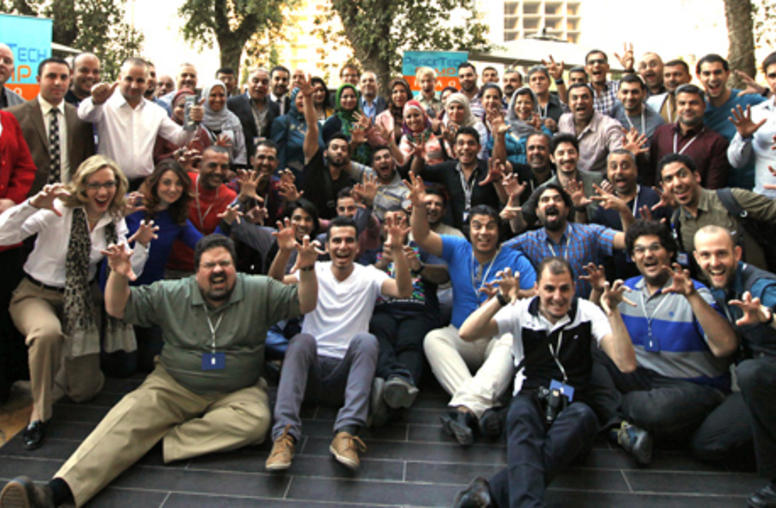
USIP Running ‘PeaceTech Camps’ in Iraq
The U.S. Institute of Peace (USIP) has conducted the first in a series of “PeaceTech Camps” in Iraq, an initiative that connects technologists who are skilled at low-cost, easy-to-use technologies with civil society organizations that work on a range of problems within Iraq.
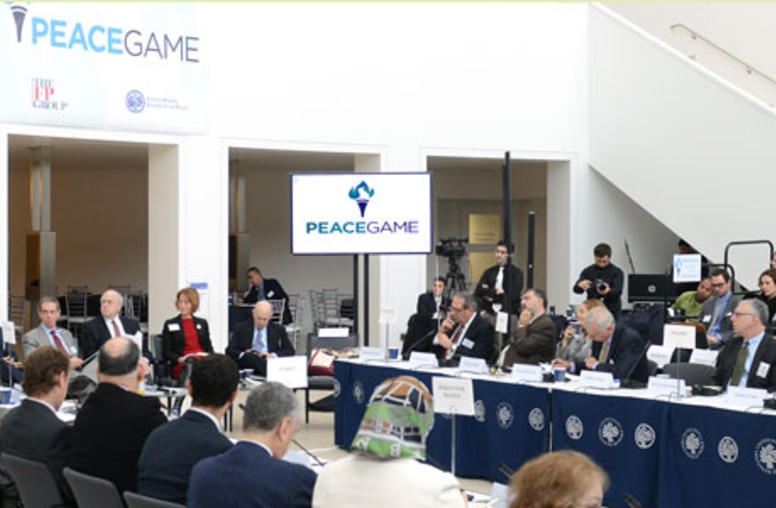
USIP, FP Group Launch Inaugural PeaceGame with Syria Focus
The U.S. Institute of Peace (USIP) and the FP Group jointly held their inaugural “PeaceGame” on December 9 at the Institute, an exercise that drew on a wide range of foreign policy specialists to examine what “the best possible peace for Syria” might look like.
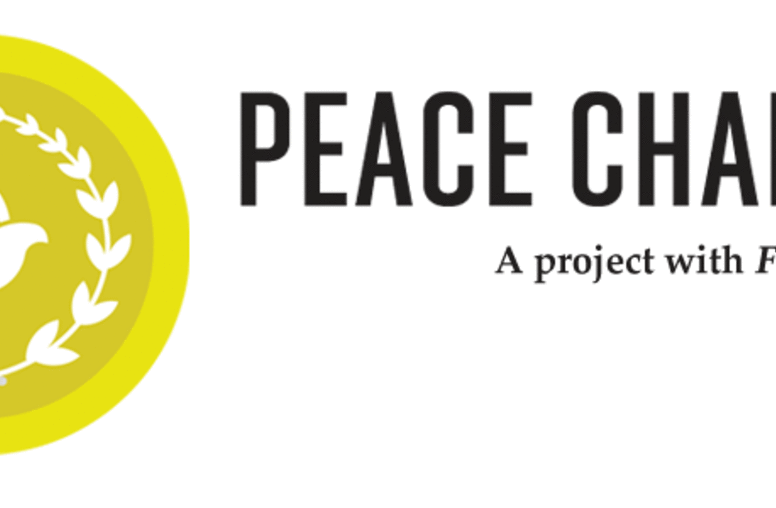
Peace Channel
In collaboration with Foreign Policy magazine, USIP presents the Peace Channel, an online portal for cutting-edge analysis and reporting on peacebuilding.
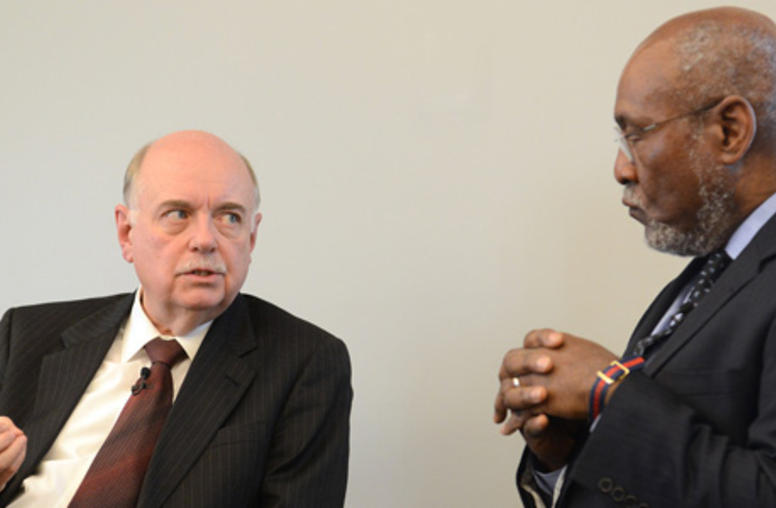
More International Engagement on DRC Needed, Former U.N. Special Rep Says at USIP
The Democratic Republic of the Congo (DRC), though afflicted by conflict for nearly two decades, has made limited progress on several key issues but needs continued international support and engagement to help consolidate the gains, the former special representative to the United Nations secretary general told an audience at the Institute on December 11.
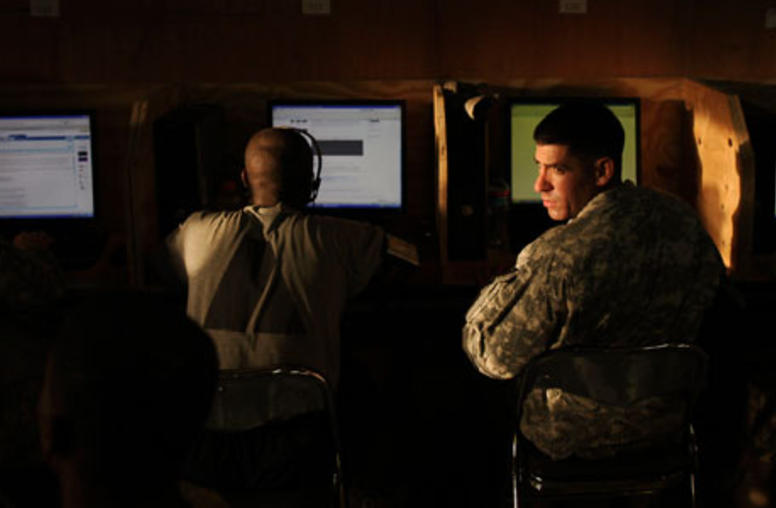
The Quiet Revolution
Technology is changing the way we fight war. But it's also changing the way we make peace.